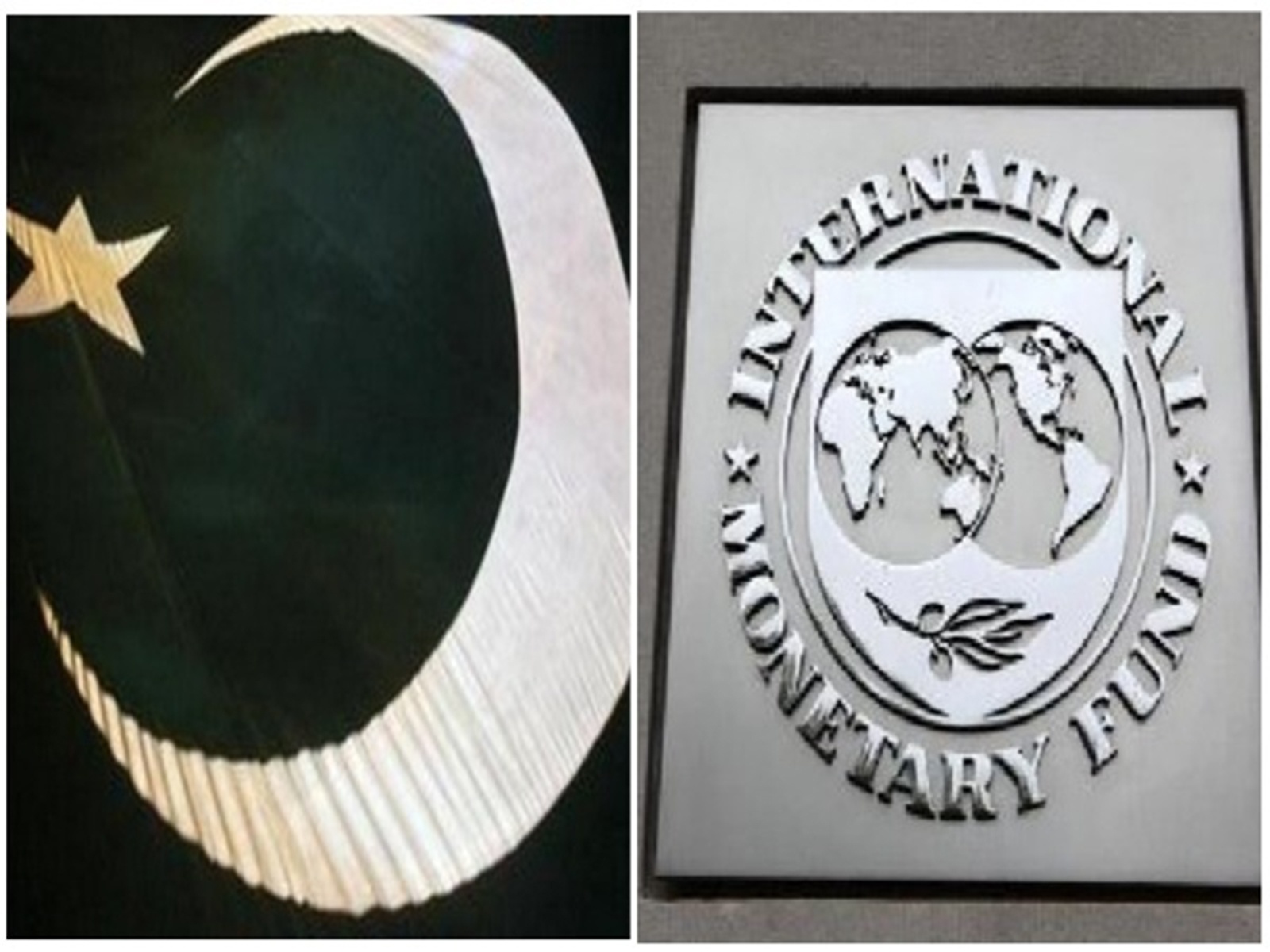Pakistan has failed to meet a key deadline under the International Monetary Fund’s (IMF) $7 billion bailout programme by not releasing the Governance and Corruption Diagnostic Report, which was due by the end of July. The report, critical to the IMF’s structural reform agenda, includes recommendations to improve judicial integrity, institutional performance, and address conflicts of interest, according to a report by The Express Tribune.
In addition to the diagnostic report, the IMF had urged Pakistan’s federal cabinet, the Supreme Judicial Council, and provincial high courts to publish annual reports outlining steps taken to strengthen judicial integrity. These were expected to include data on complaints received, resolution rates, and follow-up measures. However, delays in finalising the diagnostic report have put those plans on hold.
On Monday, Finance Minister Muhammad Aurangzeb chaired a review meeting to assess Pakistan’s progress on IMF-mandated reforms ahead of the Fund’s second programme review mission, which begins September 25 in Karachi. The IMF team will first hold discussions with the State Bank of Pakistan, followed by high-level meetings in Islamabad.
Briefings presented during the review revealed that while fiscal performance targets have largely been met, governance-related reforms—particularly in state-owned enterprises (SOEs) and judicial institutions—remain lagging. The IMF reportedly shared only a draft version of the governance report shortly before the deadline, leaving insufficient time for its formal publication.
This delay also jeopardises a follow-up requirement: the formulation of a governance action plan based on the report’s recommendations, which was due by October 2025, The Express Tribune reported.
The IMF’s draft document is said to contain nearly a dozen key recommendations aimed at reinforcing rule of law, judicial transparency, and efficient contract enforcement. Proposed reforms include:
Developing a multi-year judicial reform strategy
Establishing standardised judicial appointment criteria
Publishing performance assessments of judges and courts
Reducing case backlogs
Updating contract and property laws
Promoting alternative dispute resolution mechanisms
Beyond governance reforms, Pakistan has also fallen short on several economic performance indicators. The government reportedly breached its agreement by granting tax exemptions on sugar imports, while provincial governments failed to meet the Rs 1.2 trillion cash surplus target.
Additionally, the Federal Board of Revenue (FBR) missed its annual revenue target, collecting Rs 11.74 trillion against a goal of Rs 12.3 trillion, and did not achieve expected results under the Tajir Dost Scheme, aimed at expanding the tax base through trader registration.
Despite these setbacks, overall programme performance is still considered broadly satisfactory, which keeps the door open for the potential release of the third loan tranche of $1 billion, The Express Tribune added.


















